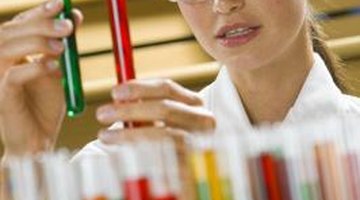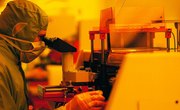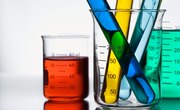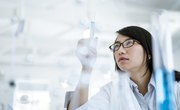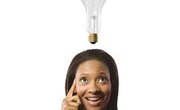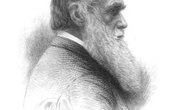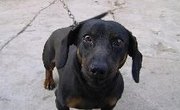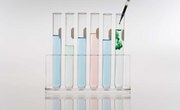The purpose of a scientific experiment is to test an idea, so making sure that the idea behind your experiment is testable will save you a lot of time and frustration. The key to constructing a testable experiment is to form your hypothesis and procedure for experimentation by adhering to strict criteria for testability.
Begin With a Prediction
An experiment needs a specific hypothesis to test. A hypothesis is a prediction about what will occur in a particular situation. For example, the question "What will happen if you combine lead nitrate and potassium iodide?" is not testable because it doesn't predict what will happen. Conversely, if you state that combining lead nitrate with potassium iodide will yield lead iodide and potassium nitrate, you have just stated a prediction that you can test by combining the two chemicals.
Assess Observability
For a hypothesis to be testable, it needs to be observable as well. For example, to test the hypothesis that combining lead nitrate with potassium iodide will yield lead iodide and potassium nitrate, you can physically mix lead nitrate and potassium iodide, then perform tests to see whether the resulting chemicals are actually lead iodide and potassium nitrate. In contrast, if you predicted that Benjamin Franklin could beat Mike Tyson in a boxing match, your hypothesis would not be testable, since Franklin is no longer alive and thus you wouldn't be able to observe a match between the two people.
Determine Measurability
In addition to being observable, your hypothesis also has to be measurable. In other words, you have to be able to compare it to something else to see if it's true. For example, to test the hypothesis that a mouse will grow twice as fast if you feed it Chinese food every day, you would need to have a pair of twin mice for your experiment. You would feed one mouse Chinese food daily while feeding the other mouse standard mouse food. Afterward, you could measure and weigh the mice to see whether your hypothesis was correct.
Make Sure Your Hypothesis Is Falsifiable
Finally, your experiment has to allow for your hypothesis to be proven false. For example, if your hypothesis states that all bacteria will ultimately die, the experiment is untestable because the statement cannot be proven wrong, even though you can observe some bacteria's deaths and measure their lifespans. For this hypothesis to be falsifiable -- and therefore testable -- you would have to be able to witness a bacterium that never dies to serve as your basis for comparison, which is impossible since you can't carry on an experiment forever.
Related Articles
References
Writer Bio
Christopher Cascio is a memoirist and holds a Master of Fine Arts in creative writing and literature from Southampton Arts at Stony Brook Southampton, and a Bachelor of Arts in English with an emphasis in the rhetoric of fiction from Pennsylvania State University. His literary work has appeared in "The Southampton Review," "Feathertale," "Kalliope" and "The Rose and Thorn Journal."

